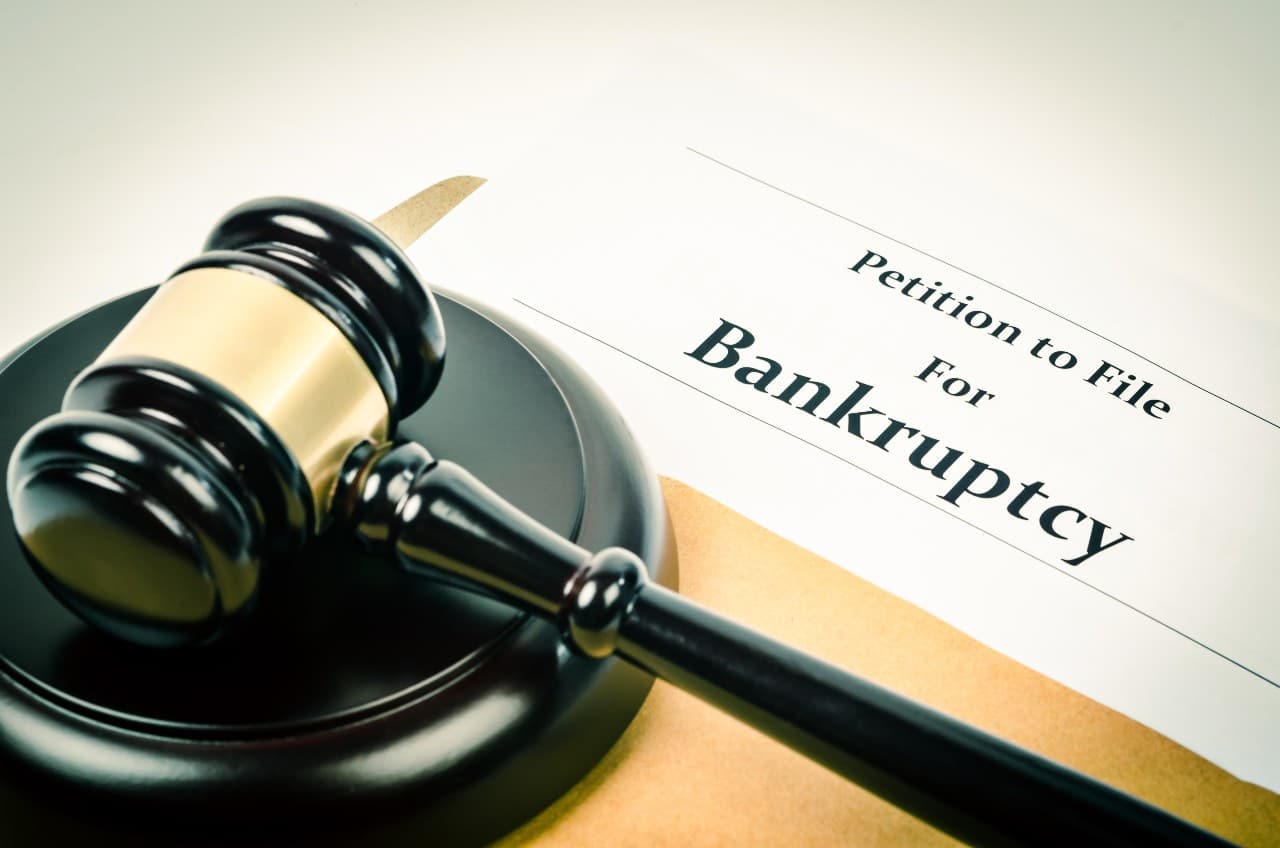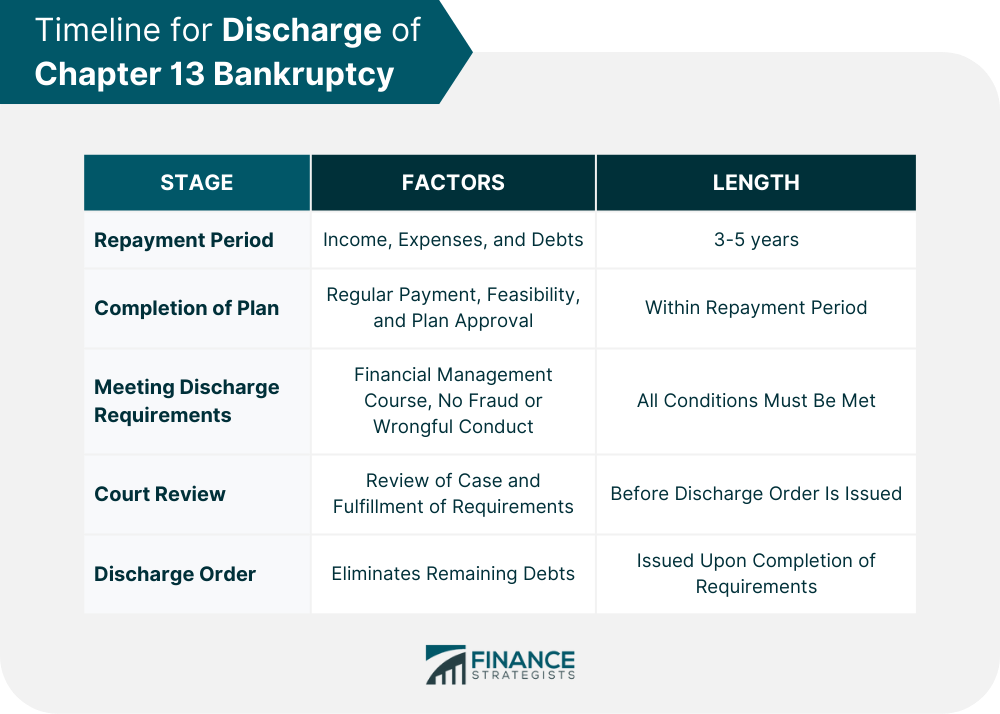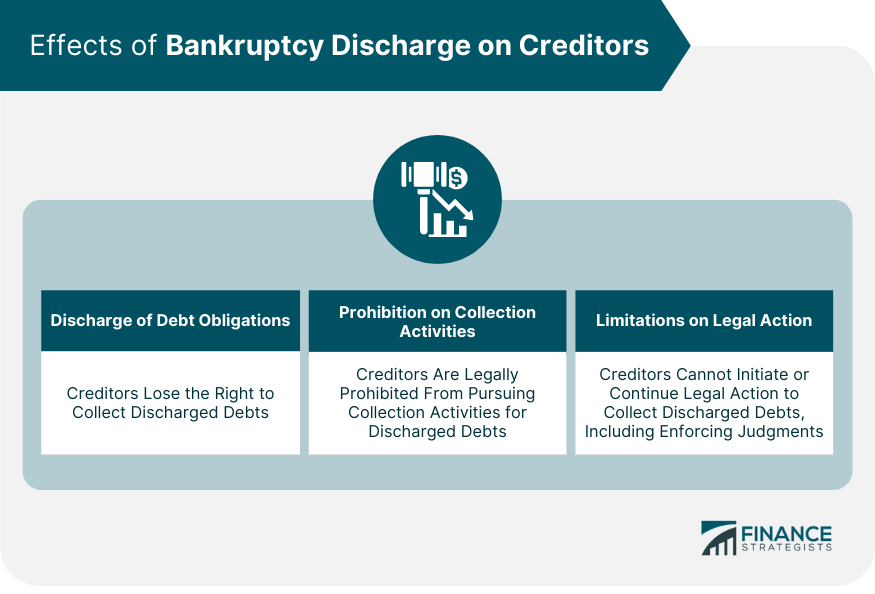When Are Bankruptcies Discharged
When Are Bankruptcies Discharged - Your case ends when the court. You need to know when your bankruptcy will be discharged to fully understand your financial obligations. Getting a discharge of your debts is a significant step in your bankruptcy, but it is not the end of your case. A bankruptcy discharge releases the debtor from personal liability for certain specified types of debts. A bankruptcy discharge is a court order that eliminates qualifying debt in a bankruptcy case, and, for most bankruptcy. In other words, the debtor is no longer.
Getting a discharge of your debts is a significant step in your bankruptcy, but it is not the end of your case. A bankruptcy discharge releases the debtor from personal liability for certain specified types of debts. In other words, the debtor is no longer. A bankruptcy discharge is a court order that eliminates qualifying debt in a bankruptcy case, and, for most bankruptcy. You need to know when your bankruptcy will be discharged to fully understand your financial obligations. Your case ends when the court.
Your case ends when the court. A bankruptcy discharge releases the debtor from personal liability for certain specified types of debts. A bankruptcy discharge is a court order that eliminates qualifying debt in a bankruptcy case, and, for most bankruptcy. Getting a discharge of your debts is a significant step in your bankruptcy, but it is not the end of your case. In other words, the debtor is no longer. You need to know when your bankruptcy will be discharged to fully understand your financial obligations.
How Does a Bankruptcy Discharge Work? Lexington Law
You need to know when your bankruptcy will be discharged to fully understand your financial obligations. Your case ends when the court. A bankruptcy discharge is a court order that eliminates qualifying debt in a bankruptcy case, and, for most bankruptcy. In other words, the debtor is no longer. Getting a discharge of your debts is a significant step in.
What Debts Are Discharged in Chapter 7 Bankruptcy?
In other words, the debtor is no longer. Your case ends when the court. A bankruptcy discharge is a court order that eliminates qualifying debt in a bankruptcy case, and, for most bankruptcy. You need to know when your bankruptcy will be discharged to fully understand your financial obligations. A bankruptcy discharge releases the debtor from personal liability for certain.
What Happens After a Chapter 13 Discharge? Husker Law
Getting a discharge of your debts is a significant step in your bankruptcy, but it is not the end of your case. You need to know when your bankruptcy will be discharged to fully understand your financial obligations. Your case ends when the court. In other words, the debtor is no longer. A bankruptcy discharge releases the debtor from personal.
How Bankruptcy Gets Discharged Overview, Impact, Prevention
A bankruptcy discharge releases the debtor from personal liability for certain specified types of debts. A bankruptcy discharge is a court order that eliminates qualifying debt in a bankruptcy case, and, for most bankruptcy. In other words, the debtor is no longer. Getting a discharge of your debts is a significant step in your bankruptcy, but it is not the.
Bankruptcy Dismissal vs. Discharge What's the Difference and How They
Your case ends when the court. A bankruptcy discharge releases the debtor from personal liability for certain specified types of debts. You need to know when your bankruptcy will be discharged to fully understand your financial obligations. Getting a discharge of your debts is a significant step in your bankruptcy, but it is not the end of your case. In.
What Is a Bankruptcy Discharge?
Your case ends when the court. A bankruptcy discharge is a court order that eliminates qualifying debt in a bankruptcy case, and, for most bankruptcy. In other words, the debtor is no longer. You need to know when your bankruptcy will be discharged to fully understand your financial obligations. Getting a discharge of your debts is a significant step in.
Bankruptcy Discharge What Is It And Why It's A Vital Step? Debt.ca
Your case ends when the court. In other words, the debtor is no longer. A bankruptcy discharge is a court order that eliminates qualifying debt in a bankruptcy case, and, for most bankruptcy. Getting a discharge of your debts is a significant step in your bankruptcy, but it is not the end of your case. A bankruptcy discharge releases the.
How Does a Bankruptcy Discharge Work? Lexington Law
In other words, the debtor is no longer. Getting a discharge of your debts is a significant step in your bankruptcy, but it is not the end of your case. A bankruptcy discharge is a court order that eliminates qualifying debt in a bankruptcy case, and, for most bankruptcy. Your case ends when the court. A bankruptcy discharge releases the.
When Does Chapter 13 Bankruptcy Get Discharged?
You need to know when your bankruptcy will be discharged to fully understand your financial obligations. A bankruptcy discharge releases the debtor from personal liability for certain specified types of debts. Your case ends when the court. Getting a discharge of your debts is a significant step in your bankruptcy, but it is not the end of your case. A.
What Does Bankruptcy Discharged Mean? Condition & Effects
You need to know when your bankruptcy will be discharged to fully understand your financial obligations. A bankruptcy discharge releases the debtor from personal liability for certain specified types of debts. A bankruptcy discharge is a court order that eliminates qualifying debt in a bankruptcy case, and, for most bankruptcy. Getting a discharge of your debts is a significant step.
You Need To Know When Your Bankruptcy Will Be Discharged To Fully Understand Your Financial Obligations.
A bankruptcy discharge releases the debtor from personal liability for certain specified types of debts. In other words, the debtor is no longer. A bankruptcy discharge is a court order that eliminates qualifying debt in a bankruptcy case, and, for most bankruptcy. Getting a discharge of your debts is a significant step in your bankruptcy, but it is not the end of your case.

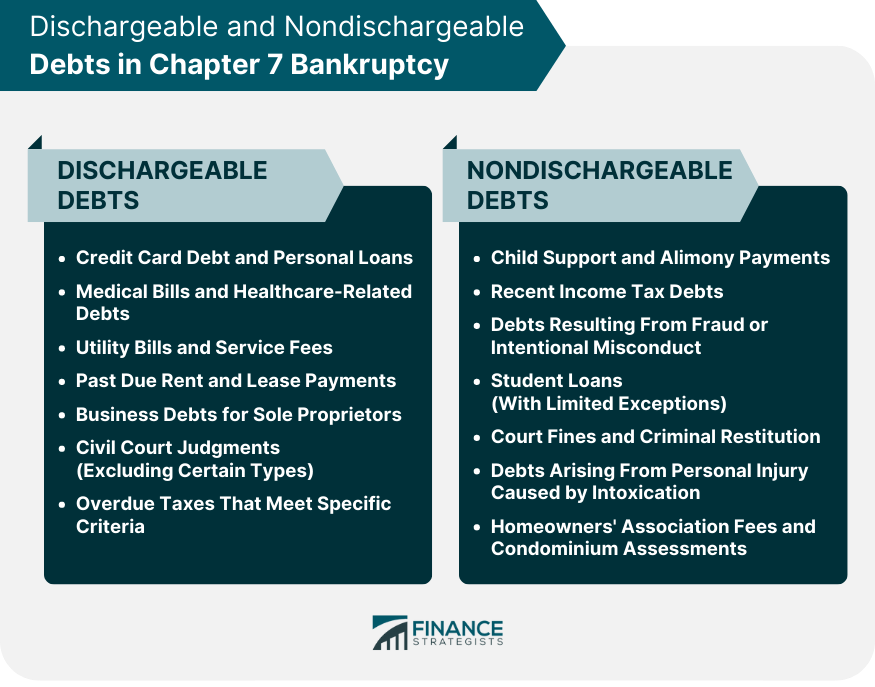

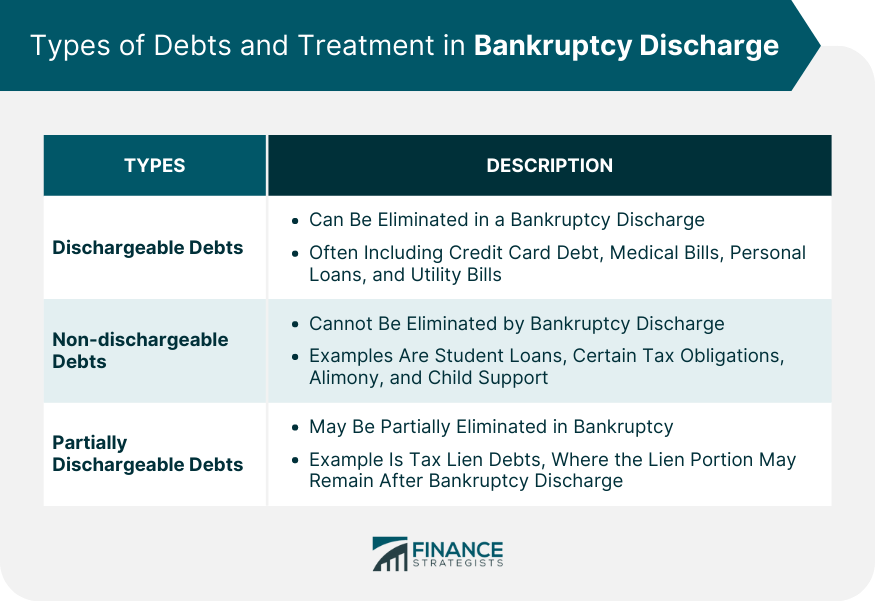
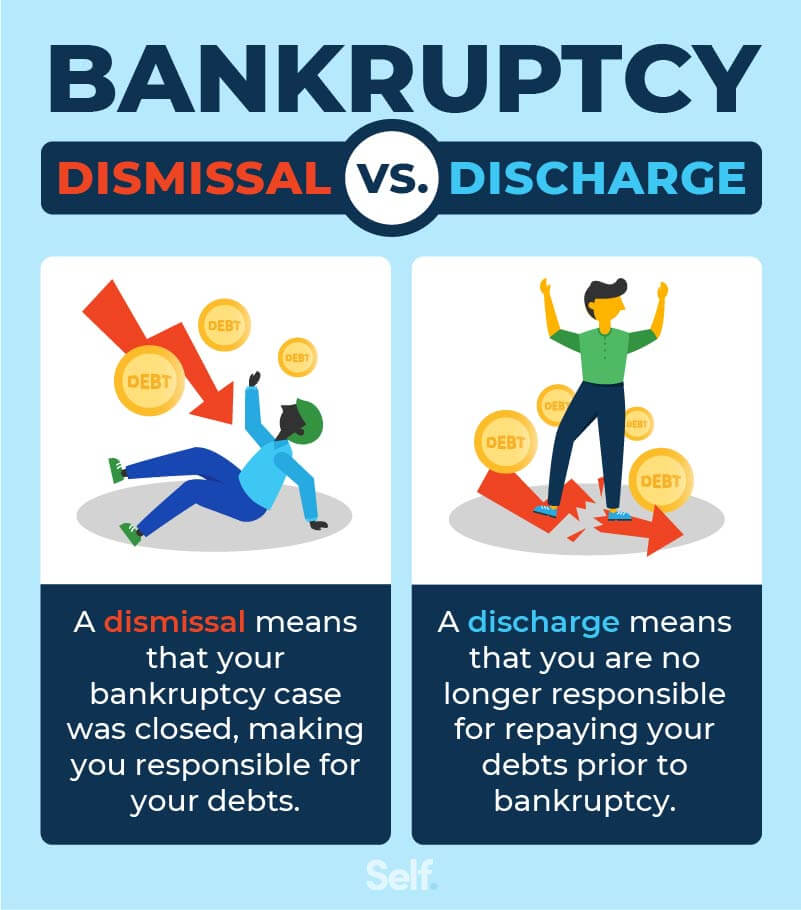
:max_bytes(150000):strip_icc()/bankruptcy-discharge-what-is-it-and-when-does-it-happen-8eafb0f711c24a048d4854a82cdb5f70.png)
